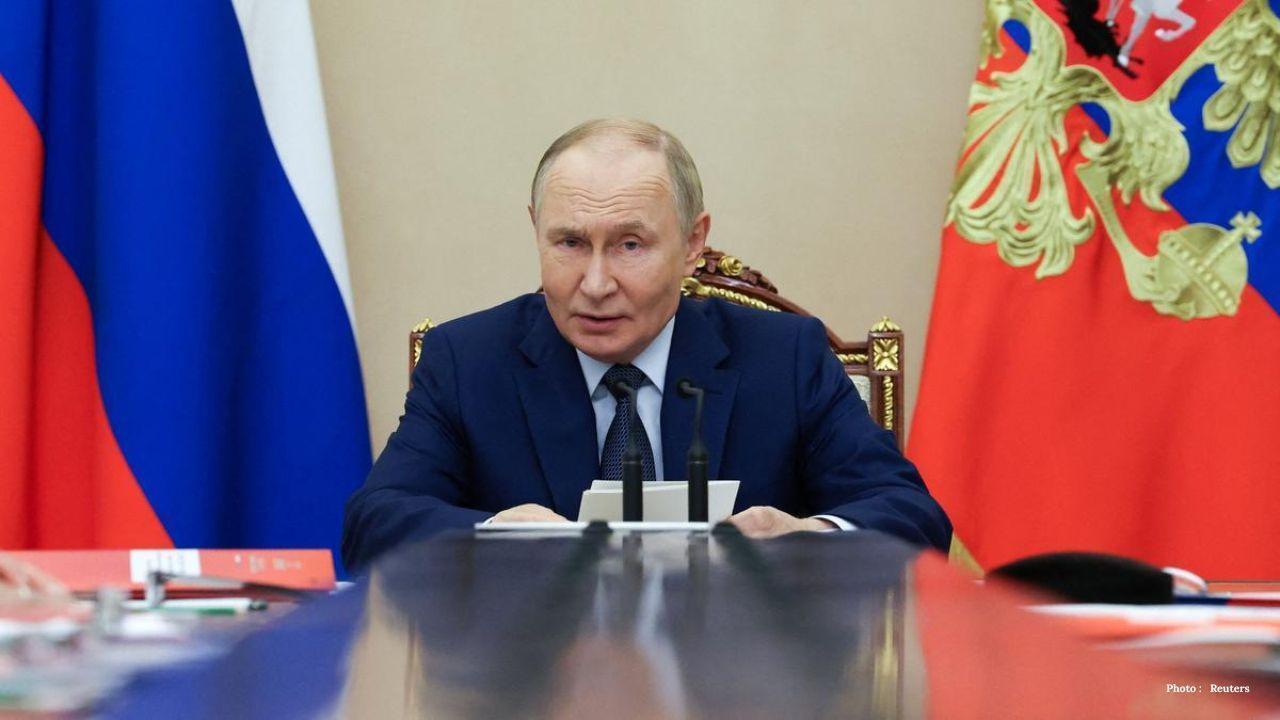
Post by :
Russia’s President Vladimir Putin announced on Monday, September 22, 2025, that Moscow will continue to respect nuclear weapons limits for one more year, even after the last major nuclear arms agreement with the United States officially ends in February 2026.
This statement was made during a meeting with Russia’s Security Council, where Putin explained that the expiry of the New START treaty could bring serious risks to international peace and global stability. He said Russia will follow the rules set in the agreement for another year, and he expects Washington to do the same.
What is the New START Treaty?
The New START treaty was signed in 2010 by former U.S. President Barack Obama and Russia’s then-President Dmitry Medvedev. It has been the main nuclear arms control deal between the two biggest nuclear powers in the world.
The treaty limited both countries to:
It also allowed for on-site inspections to check if both countries were following the rules. However, these inspections stopped in 2020, partly due to the global pandemic and worsening relations between the U.S. and Russia.
Why is This Important?
For decades, arms control treaties have reduced the risk of nuclear war by creating trust and setting clear limits. Without these treaties, both nations could potentially increase their nuclear arsenals without any international oversight.
Many experts fear that without a successor to New START, the world could see a new arms race, where both Russia and the U.S. build more nuclear weapons. This would increase tension and reduce stability, especially at a time when global security is already under stress due to conflicts and rivalries.
Russia’s Position
Putin reminded his officials that he had already suspended Russia’s active participation in the treaty back in February 2023. His main reason was that Moscow could not allow U.S. inspections of Russian nuclear facilities when Washington and NATO were openly backing Ukraine in the ongoing war.
Still, Russia continued to respect the treaty’s limits, showing that it was not fully abandoning nuclear arms control. Now, Putin has gone a step further by saying Moscow will voluntarily stick to those limits for another year after the treaty officially expires.
He made it clear that this decision is not permanent. It depends on how the United States acts. If the U.S. chooses to ignore the limits and build more nuclear weapons, Russia may also review its position.
What Does the U.S. Think?
So far, Washington has not confirmed if it will also follow the treaty limits after its expiry. American officials have said they want a new arms control deal, but talks between the two sides have been frozen due to the war in Ukraine and broader tensions.
The U.S. believes that any new deal should also include China, which has been rapidly growing its nuclear arsenal. But Russia has argued that the focus should remain on the two main nuclear superpowers, at least for now.
Military Drills and Rising Tensions
This announcement from Putin comes just as Russia is showcasing its military strength through large-scale drills that include both conventional and nuclear forces. These exercises are being closely watched by NATO, which views them as a show of power and a reminder of Moscow’s capabilities.
Such moves add to the already high tensions between Russia and Western countries, making arms control agreements even more urgent to prevent misunderstandings or accidental escalations.
Global Reaction
Arms control experts and global security advocates have expressed mixed feelings. On one hand, Putin’s decision to keep following the limits for one more year is seen as a positive step. On the other hand, the uncertainty about what happens after that year raises concerns.
If no new treaty is signed or negotiated, the world could face a future with no formal restrictions on nuclear weapons for the first time in more than 50 years.
Why It Matters for Everyone
Even though nuclear weapons may feel like a distant issue, their control directly impacts global security. A world without nuclear agreements means a greater chance of misunderstandings, miscalculations, and possibly, conflicts involving the most destructive weapons known to humankind.
For ordinary people, this decision means living under more uncertainty. Many governments, especially in Europe, the Middle East, and Asia, will closely follow the developments, since they could influence regional security and defense policies.
Russia nuclear limits
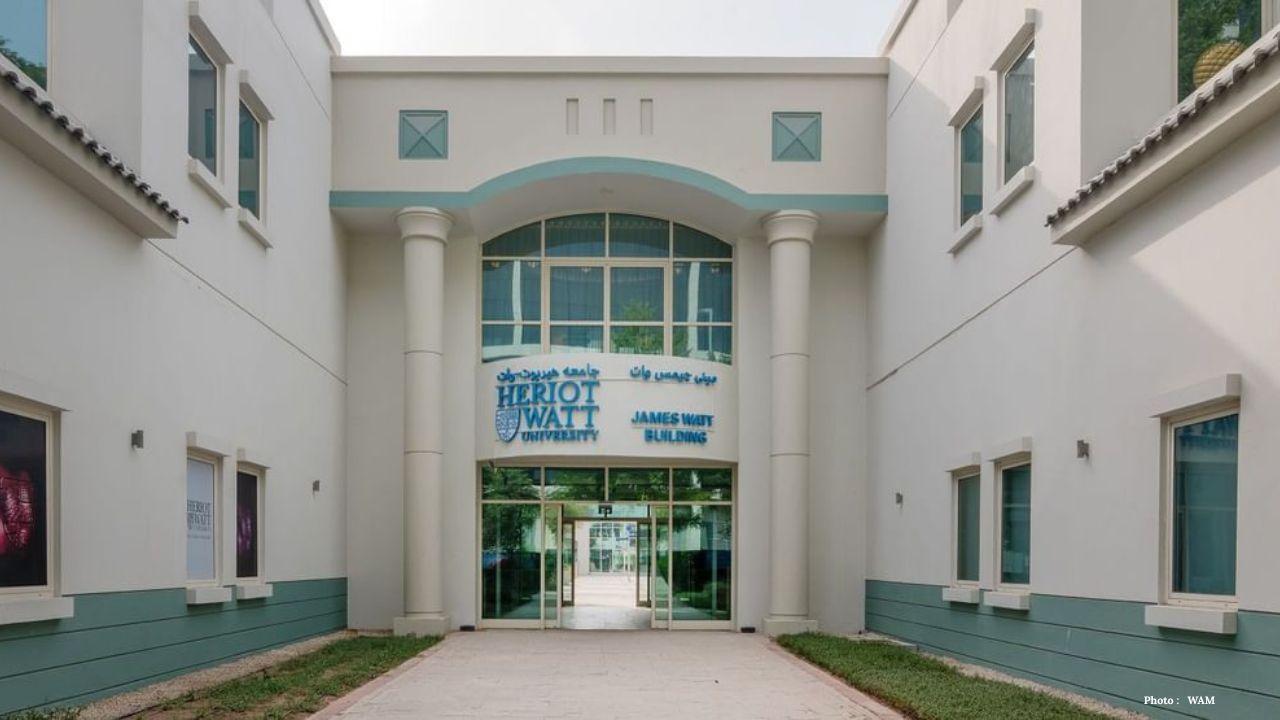
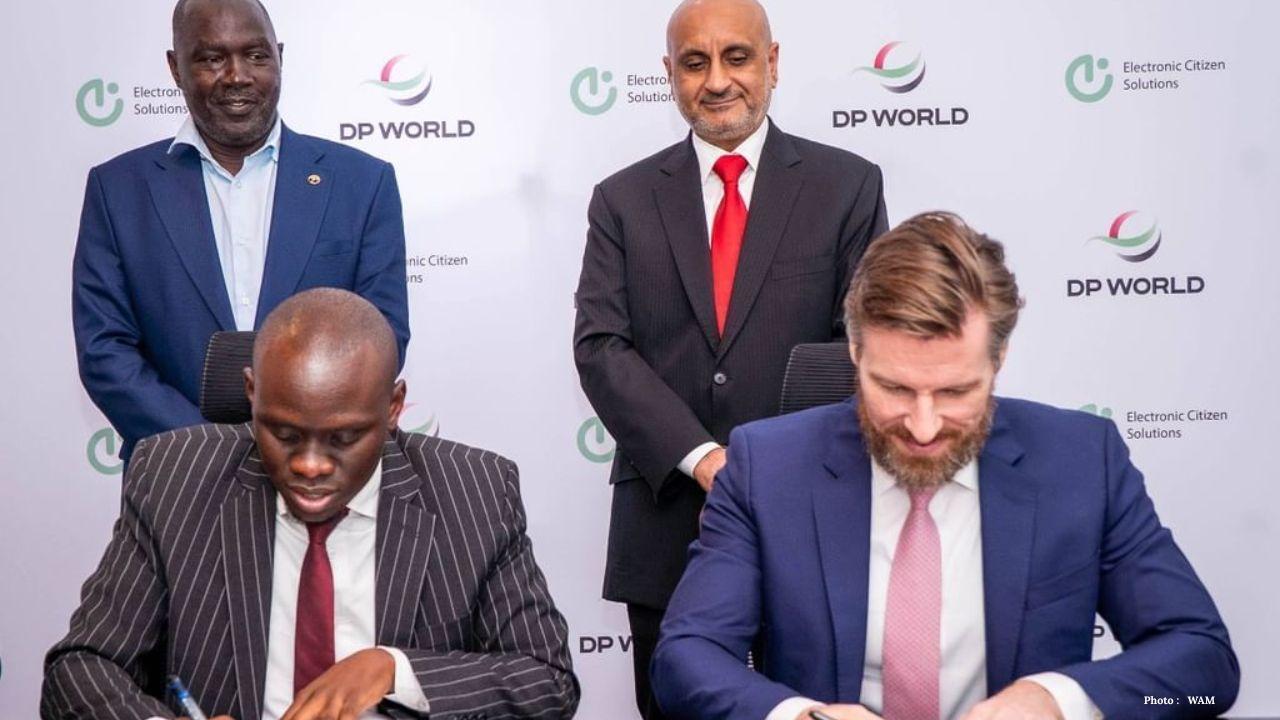
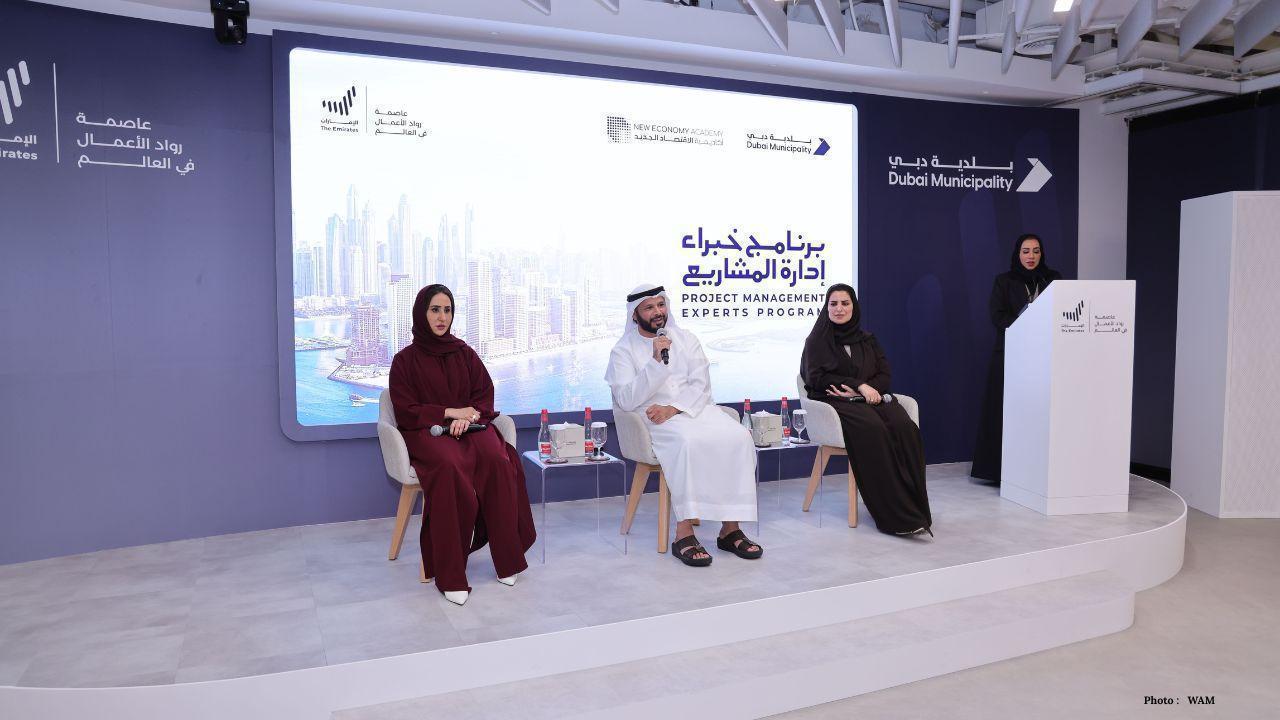
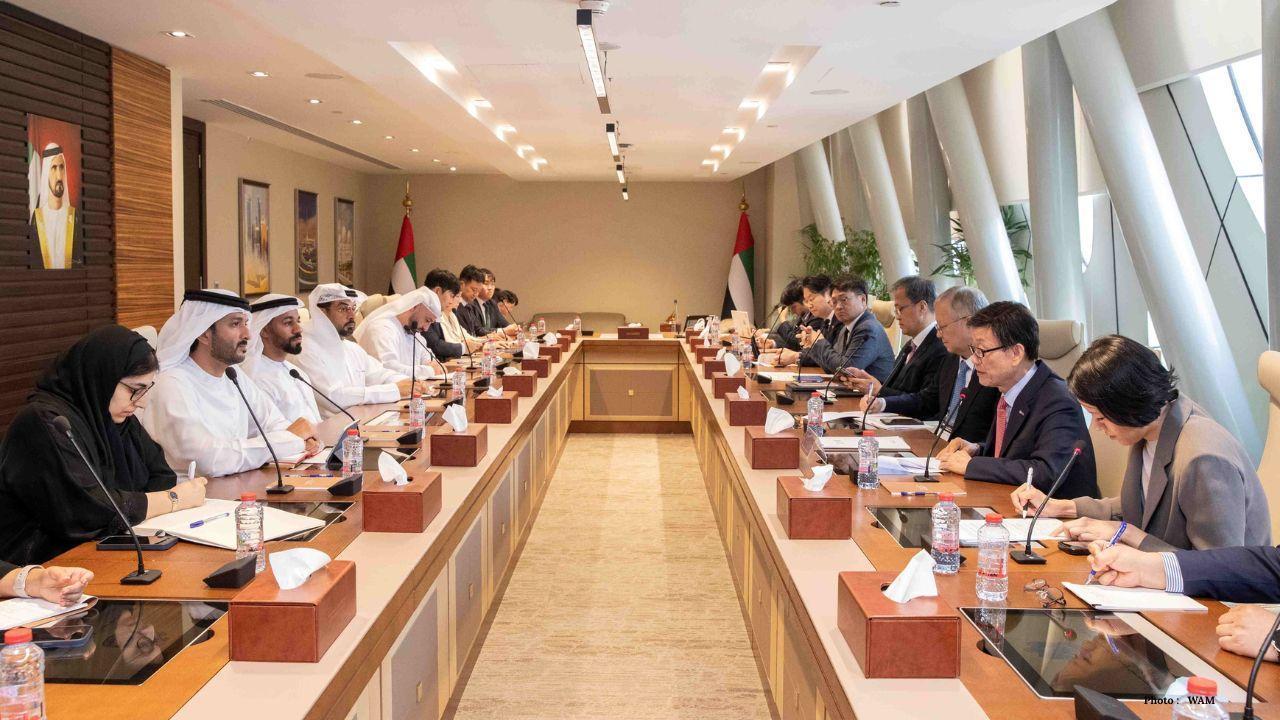
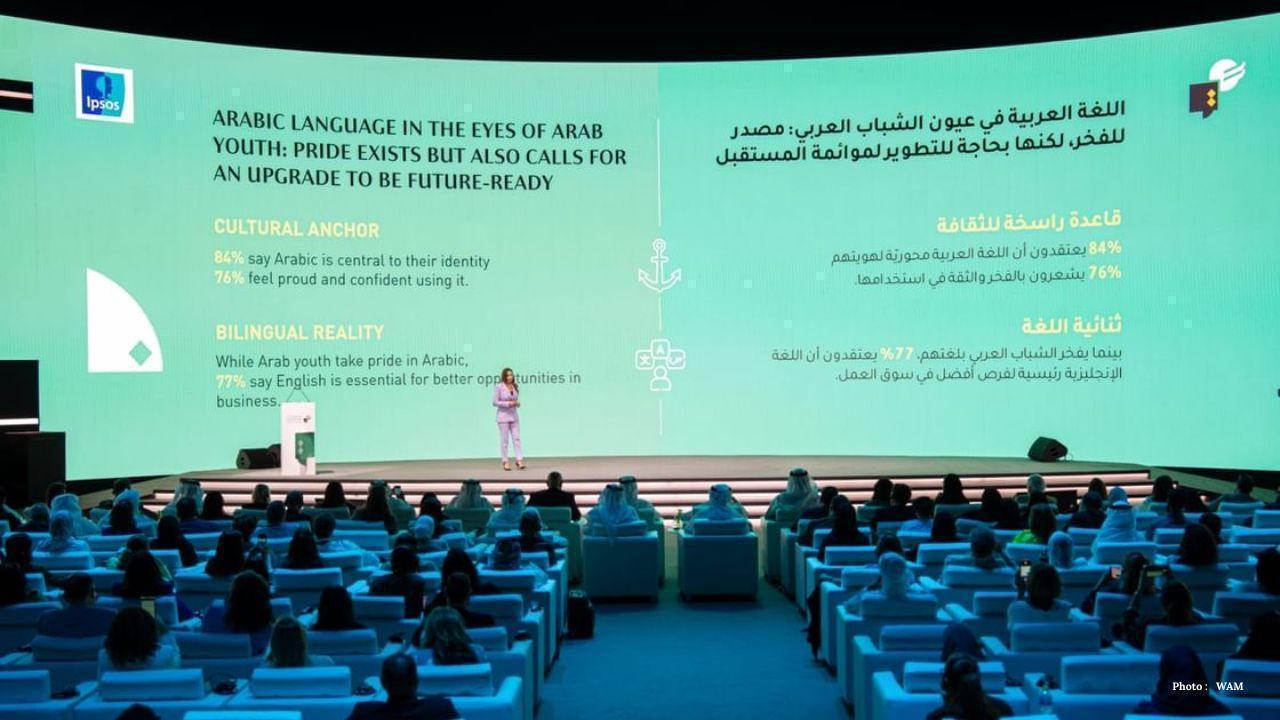
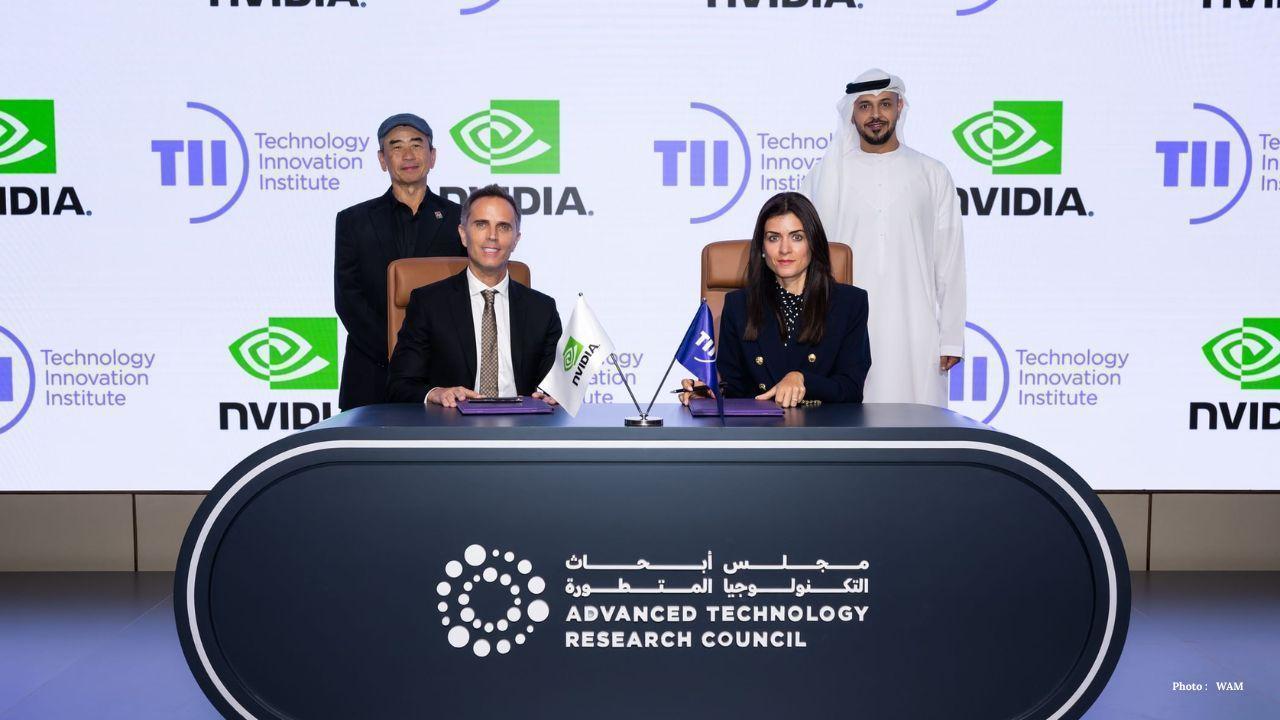
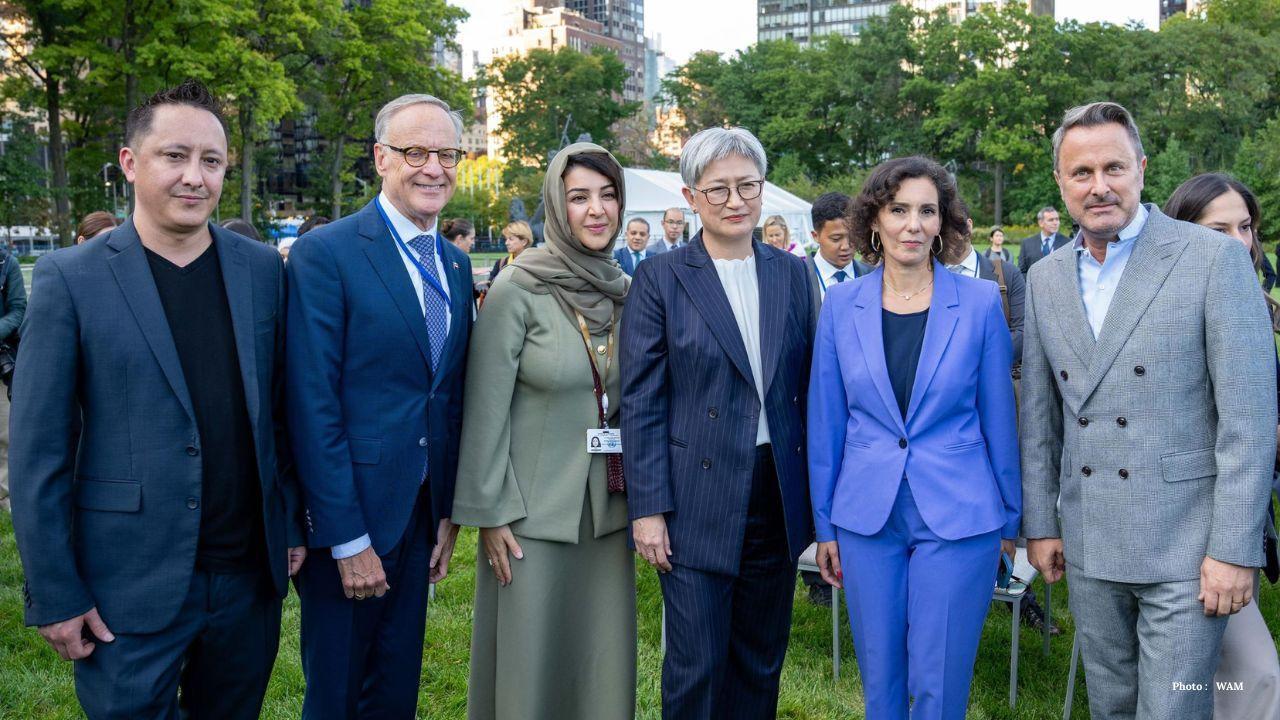
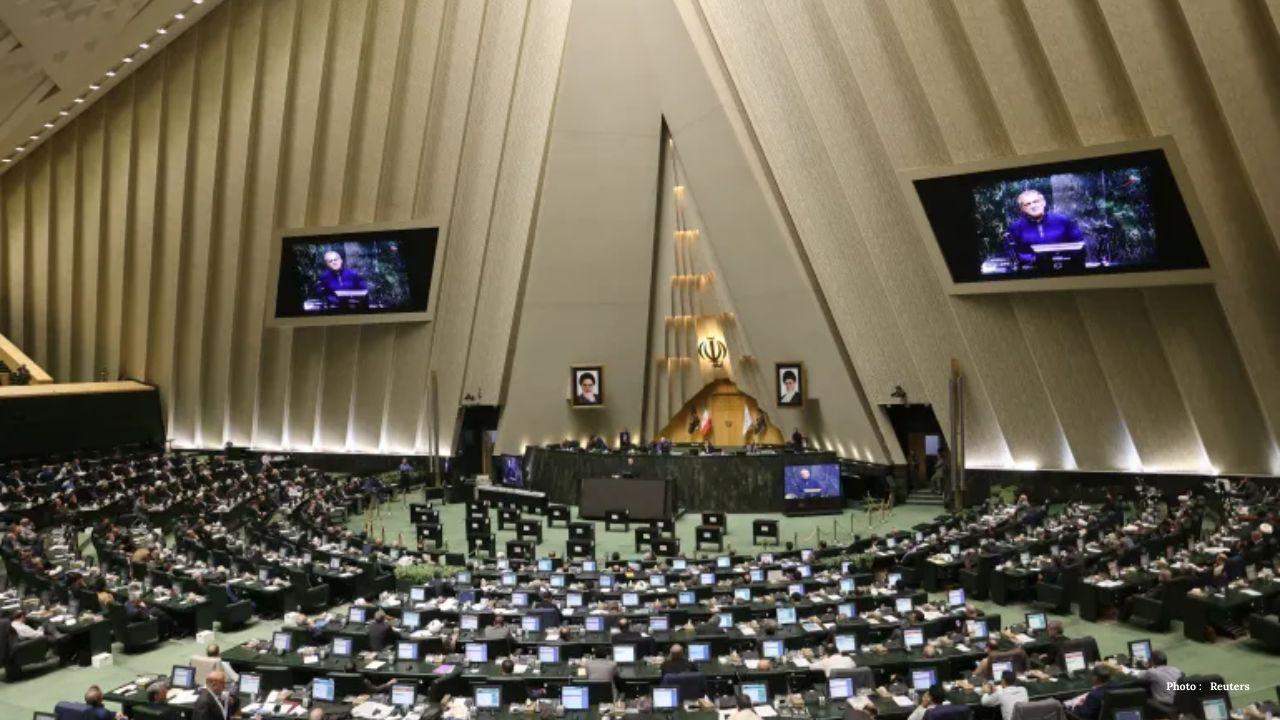
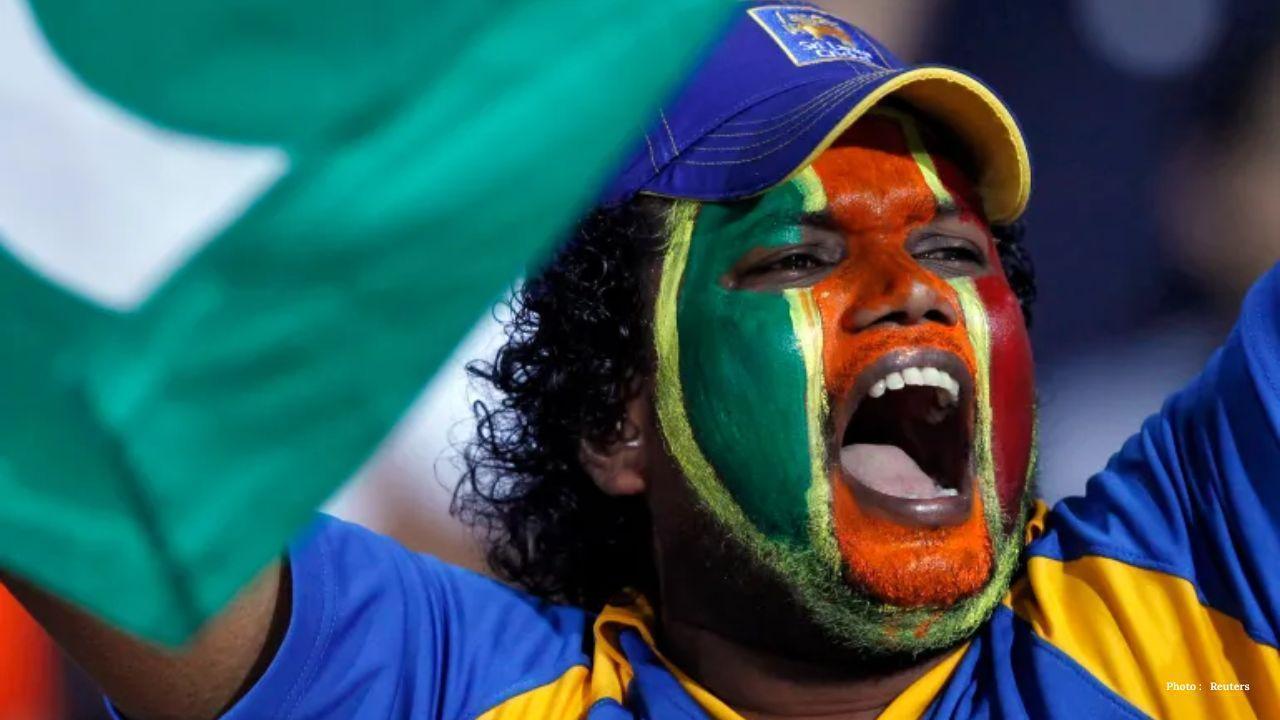

Heriot-Watt Dubai to Host Social Capital 2026 Conference
Global experts will gather in Dubai from 26–28 March 2026 to discuss social capital and its role in

DP World Launches Smart Digital Customs in Kenya
DP World teams up with Kenya’s eCitizen to introduce CARGOES Customs, making trade faster safer and

UAE Sees Surge in Korean Companies Growing as Key Business Hub
UAE now hosts nearly 1,300 Korean firms, boosting trade, tech, AI, and energy ties between the UAE a

Arab Youth Driving Creativity and Innovation
Study reveals Arab youth value language and identity, aim for creative careers, and see UAE as top h

Abu Dhabi Launches First AI & Robotics Joint Lab with NVIDIA
Abu Dhabi's Technology Innovation Institute partners with NVIDIA to launch the Middle East’s first l

UAE Signs Global Declaration to Protect Humanitarian Workers
Ahead of UNGA80 UAE joins international effort to safeguard humanitarian workers and ensure safe tim